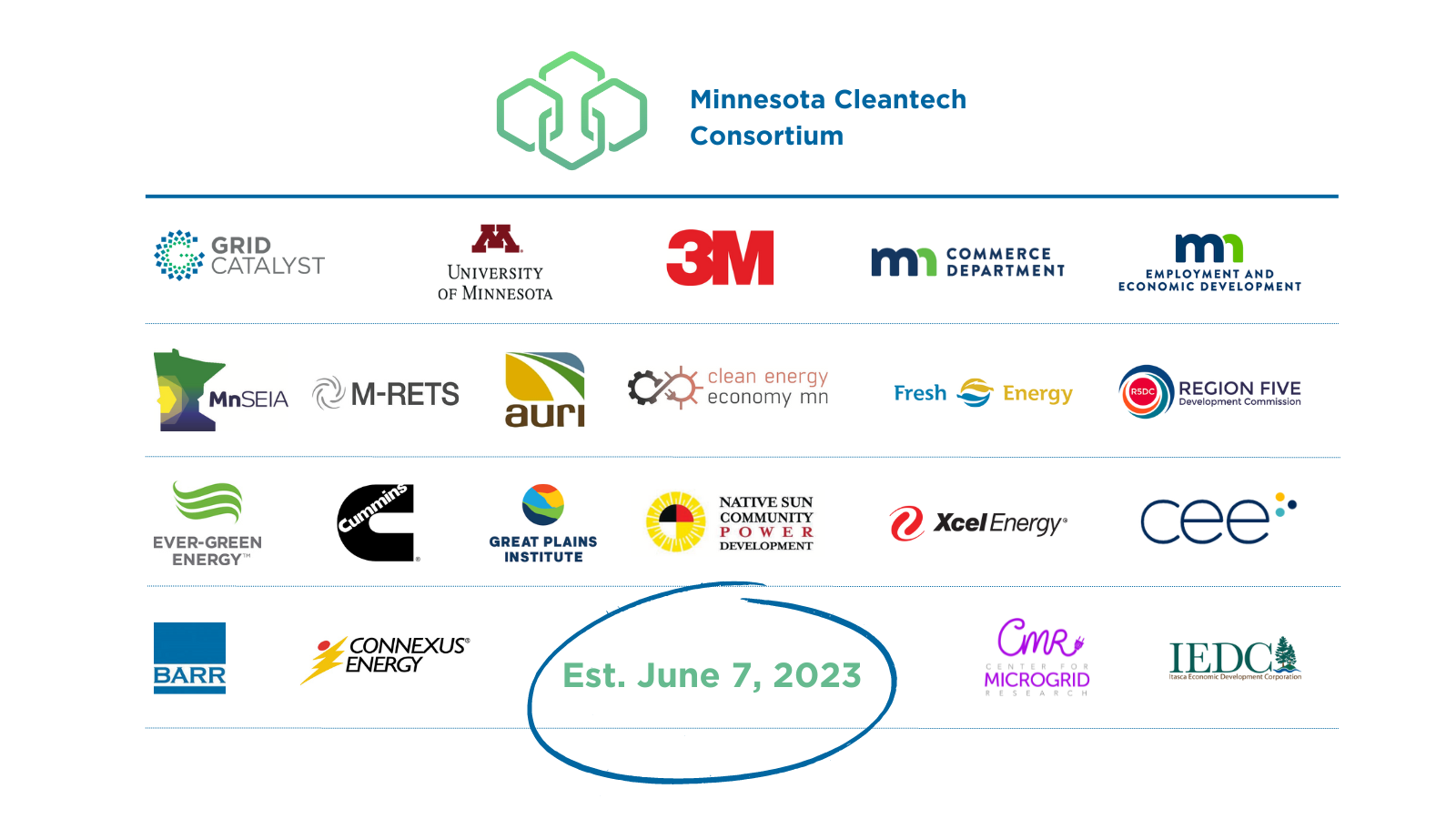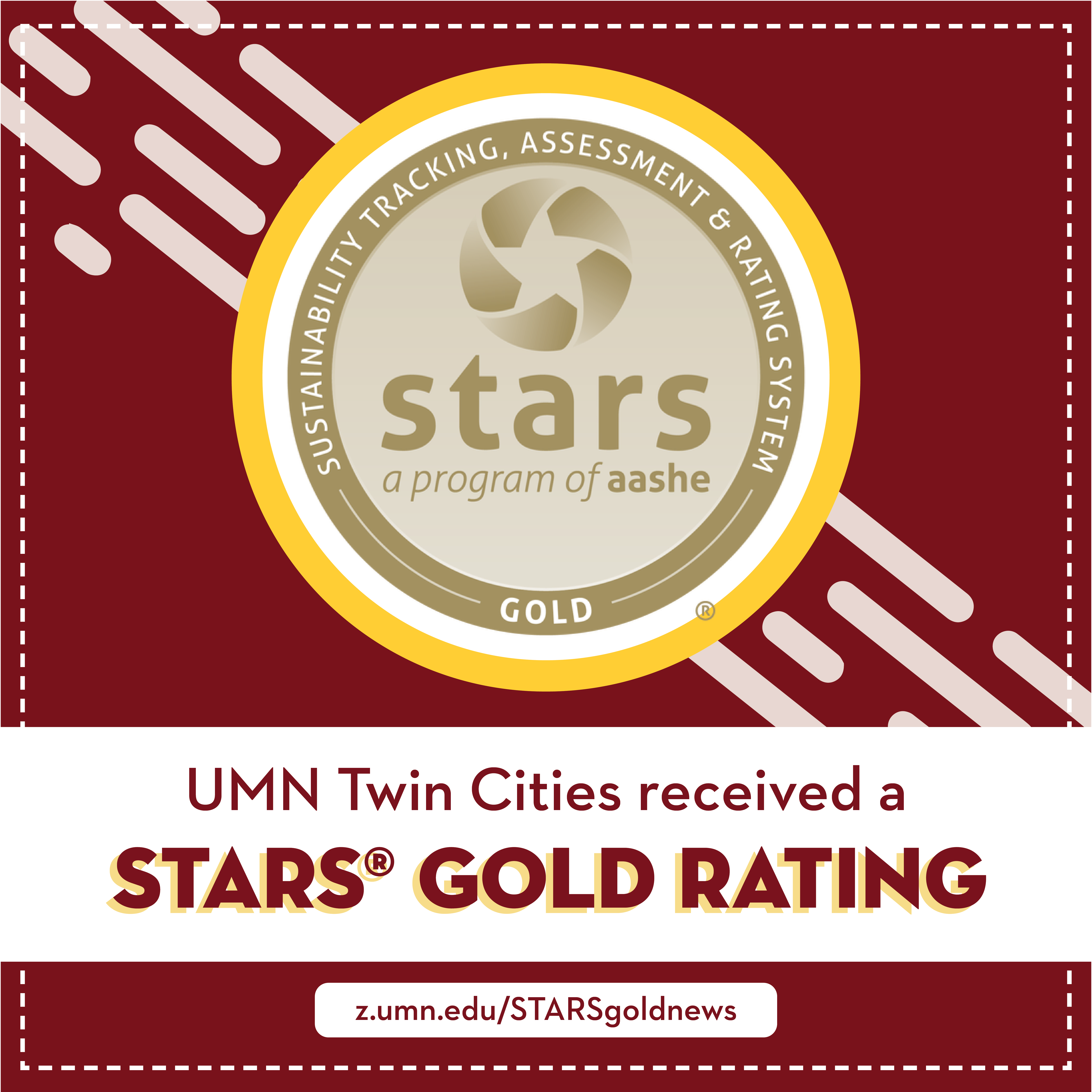What is Stormwater?
"Stormwater runoff is generated from rain and snowmelt events that flow over land or impervious surfaces, such as paved streets, parking lots, and building rooftops, and does not soak into the ground. The runoff picks up pollutants like trash, chemicals, oils, and dirt/sediment that can harm our rivers, streams, lakes, and coastal waters. To protect these resources, communities, construction companies, industries, and others, use stormwater controls, known as best management practices (BMPs). These BMPs filter out pollutants and/or prevent pollution by controlling it at its source." (EPA)
What is Illicit Discharge?
"Federal regulations define an illicit discharge as '...any discharge to an MS4 that is not composed entirely of stormwater...' with some exceptions." Some examples are the dumping of motor vehicle fluids, household hazardous waste, paint, grass clippings, leaf litter, cigarettes, or animal waste. The exceptions include discharges from water-line flushing, landscape irrigation, air conditioning condensate, and discharges from fire-fighting activities. Illicit discharges are considered 'illicit' because "MS4s are not designed to accept, process, or discharge such non-stormwater wastes." (EPA)
What are MS4s?
MS4s are municipal storm sewer systems. The storm sewer system is made up of conveyances, pipes and drains that direct stormwater runoff into local waterways, the Mississippi. Stormwater, and all the pollutants it carries, travels through the storm sewer systems and is discharged as is with no cleaning or treatment before entering waterways. The storm sewer system is not intended to deal with any polluted water. These conveyances (pipes and drains) go through roads with drainage systems, municipal streets, catch basins, curbs, gutters, ditches, storm drains etc. that are:
- Owned or operated by a public entity
- Designed or used for collecting or conveying stormwater
- Not a combined sewer
- Not part of a publicly owned treatment works
University of MN has an MS4 permit to reduce the amount of sediment and other pollutants entering state waters from stormwater systems.
Importance
As water runs across landscapes and streets into storm drains, it picks up and carries away pollutants such as cigarette butts, trash, salt, vehicle fluids or yard waste. These pollutants, sediments, nutrients and bacteria can have harmful effects on aquatic ecosystems and human health. This contaminated, untreated water eventually makes its way into the Mississippi River where it contaminates water, reduces water quality and clarity, and can cause harm to fish and wildlife. Considering our campus' location right along the banks of the Mississippi River, it is essential that we take care of this critical shared resource. UMN is one of the largest landholders on the river, meaning stormwater runoff best management practices (BMPs) deployed on the Twin Cities campus will have a big impact. More than 50 communities rely on the Mississippi for daily water supply (NPS).
The University of Minnesota's commitment to addressing storm water runoff from campus, as detailed in the campus-specific Storm Water Pollution Prevention Program (SWPPP), is to reduce pollutants to the maximum extent practicable.
How can I help?
Only stormwater down the drain! No dumping of harmful materials such paint waste and auto and household chemicals into any drains. Do not wash your car in the street! Why? When cars are washed into the street and driveways, that dirty water makes its way into storm drains and into water bodies and the Mississippi. Water that runs off a car when it is washed generates oil, grease, sediments, metals, gasoline, degreasing solvents, cleaning solutions and detergents that are harmful to water bodies. Take your car to a commercial car wash when your car needs cleaning! Most commercial car washes recycle the water and send wastewater to treatment systems where it is treated before being discharged into a waterway. (MPCA)
Another way to help is to follow the campus cigarette ban! Smoking cigarettes, and all other forms of tobacco use, are prohibited on campus. This not only has benefits for personal health, but also for stormwater health and the environment as a whole. When cigarette butts are discarded in the streets, sidewalks, or driveways, we may not think much of it. But these tiny pieces of trash are filled with toxic chemicals that get washed into the drains and ditches and end up polluting the water bodies and the Mississippi! Cigarette butts are the single most collected item found on beaches and near waterways every year. Do not toss cigarettes on the street but through them away in proper receptacles. (Truth Initiative).
Other good tips to follow to reduce illicit stormwater discharge: Freeze grease and oils and dispose of them in the trash instead of dumping them down the sink drain. Pick up your pet waste and throw it in the trash. Limit your use of fertilizers and pesticides. Blow grass clippings and leaves back into your yard and away from the street. If any of these end up in the street they will reach a storm drain and enter into a water body.
In daily life and around campus, you can help by picking up trash and pet waste and avoid use of pollutants like ice melt or salt. If you observe an illicit discharge on campus, please report those findings to the University Health & Safety On-Call Program: [email protected] or 612-626-6004 (24-hr Line)


